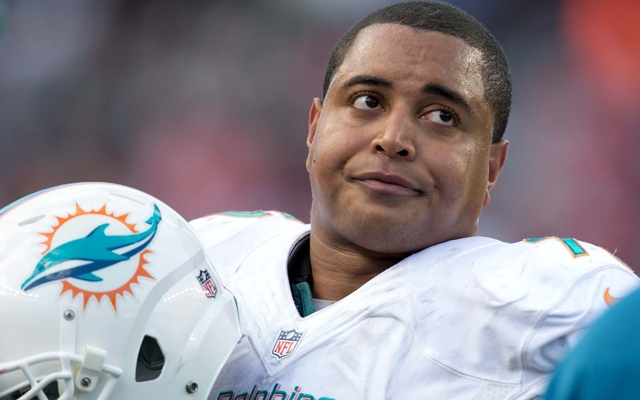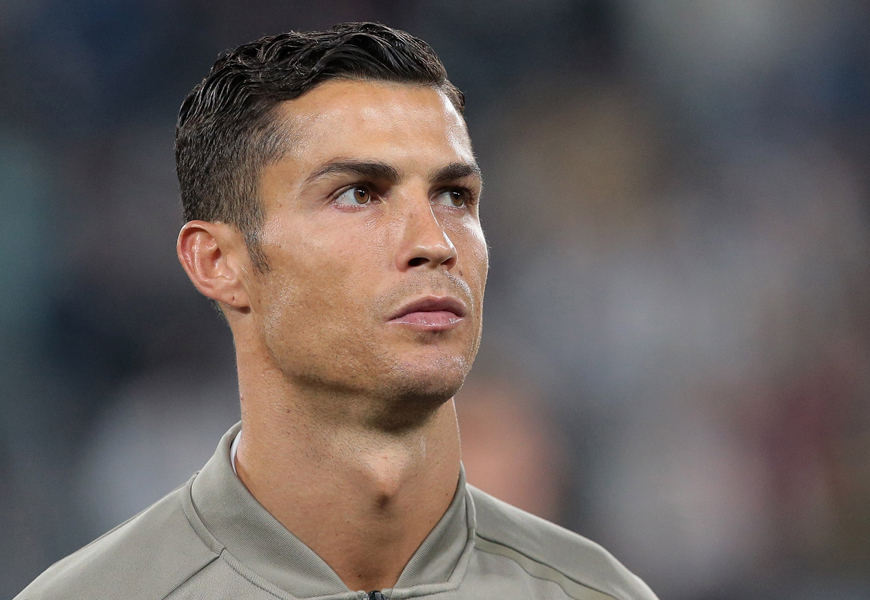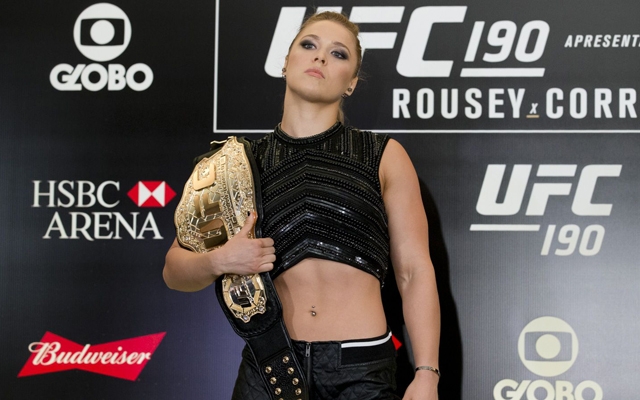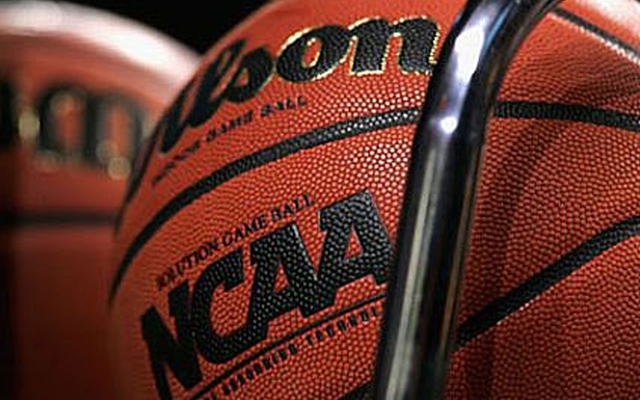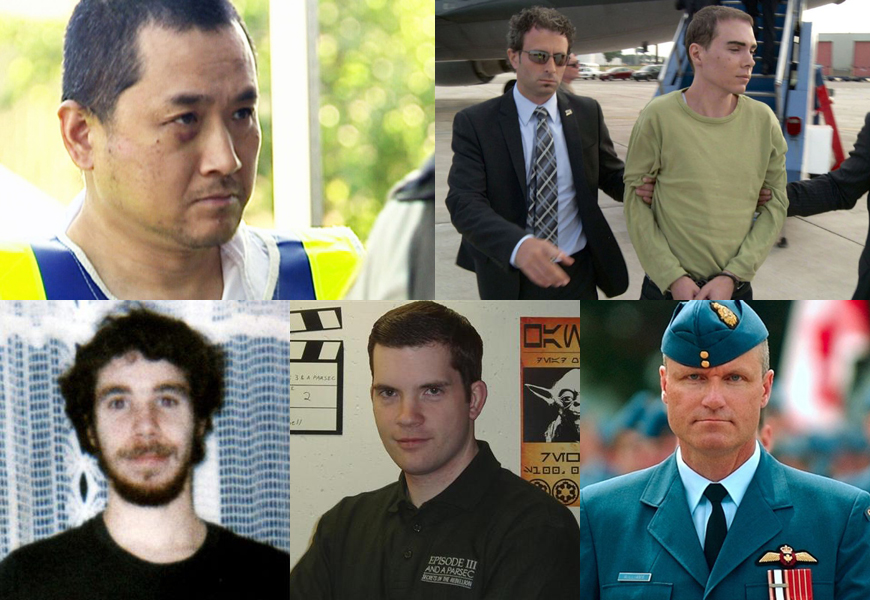Perhaps the toughest thing in a team sport is to stand up to your teammates and say, “I don’t accept what you’re doing.” Especially when exactly your teammates’ conduct is deeply ingrained in the culture of the sport.
When second-year offensive lineman Jonathan Martin walked away from the Miami Dolphins’ practice facility on Oct. 28—ostensibly in response to teammates teasing him in the cafeteria—those outside the team had no idea why he would react so strongly, be so sensitive to his colleagues’ clowning around. But what came out in the days and weeks after his departure suggested the cafeteria incident was simply the final straw for a young man who had been subjected to harassment—there’s no more appropriate word for it—that extended far beyond rookie hazing.
Hazing isn’t unique to football. Many Major League Baseball teams have made rookie hazing an annual event during the team’s final regular season road trip, usually involving silly costumes and embarrassing public performances. NHLers used to shave rookies’ heads, but these days the typical punishment is for each team’s rookies to pay for an elaborate team dinner. NBA rookies have had to carry veterans’ bags on road trips and have been subject to sophomoric pranks, though the NBA recently sent out a memo indicating it would have zero tolerance for hazing.
But the pressure Dolphins teammate and fellow offensive lineman Richie Incognito put on Martin—texts sent after-hours that included threats and overt racism—was not only inescapable, but allegedly sanctioned by the team’s coaches. One imagines Martin was trying to show the hazing didn’t bother him—it’s common for victims of bullying to appease their tormentors, hoping it will stave off further abuse—but each harassing message was an invasion that ensured Martin would find no safe haven even when he was away from the team.
Both current and former NFLers have spoken in support of Martin: Oakland Raiders rookie quarterback Terrelle Pryor saluted Martin for “standing up and being a man;” Hines Ward argued that “it takes a bigger man to walk away;” Chicago Bears receiver Brandon Marshall, no stranger to bad behaviour, thoughtfully called into question locker room culture as a whole.
Some former players have mocked Martin, though, hinting or outright saying he’s weak and unfit for the NFL. Martin knew he would face this kind of criticism for standing up to Incognito, he knew there was a chance the rest of the Dolphins would throw him under the bus, that Incognito would play the whole thing off as kidding between friends, but he still did what he felt was right, and future generations of football players may have him to thank for making their locker rooms safer.
It’s easy to forget that NFL players are professionals because their workplace is unlike any other, but that doesn’t mean they must tolerate abuse. Their standards of conduct are different than they would be for accountants or chefs or lawyers, but signing up to play football shouldn’t mean signing away the right to a safe workplace. The movement to create healthier locker rooms, to address the mental health implications created by locker room culture, had to begin with one player saying, “no more.” Jonathan Martin isn’t just taking on Richie Incognito or the Miami Dolphins or even the NFL—he’s challenging the idea that young athletes have to endure abuse to prove themselves. It’s a tough conversation to start, and it took a tough athlete to start it.
Update: Martin’s difficult decision is already opening the door for other former NFL players to speak out about locker room conduct. Retired Philadelphia Eagles and New York Giants offensive lineman Shawn Andrews revealed he was tormented by quarterback Donovan McNabb during his time with the Eagles. He has accused McNabb of, among other things, spreading rumours about Andrews’ sexuality, leading other members of the team to keep their distance—the treatment became so unbearable Andrews struggled with depression and thoughts of suicide.
Andrews and Jonathan Martin are surely just the tip of the iceberg. There are undoubtedly many more players with plenty to say about their locker room experiences, and because Martin had the courage to stand up and speak up—at a defining point in his career, no less—many of those players will feel emboldened to follow his lead.

